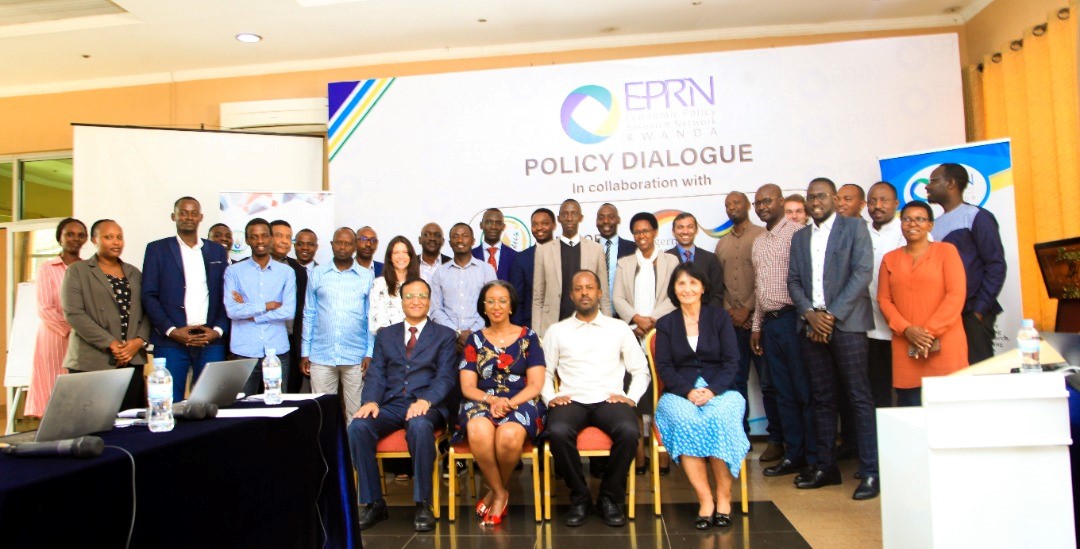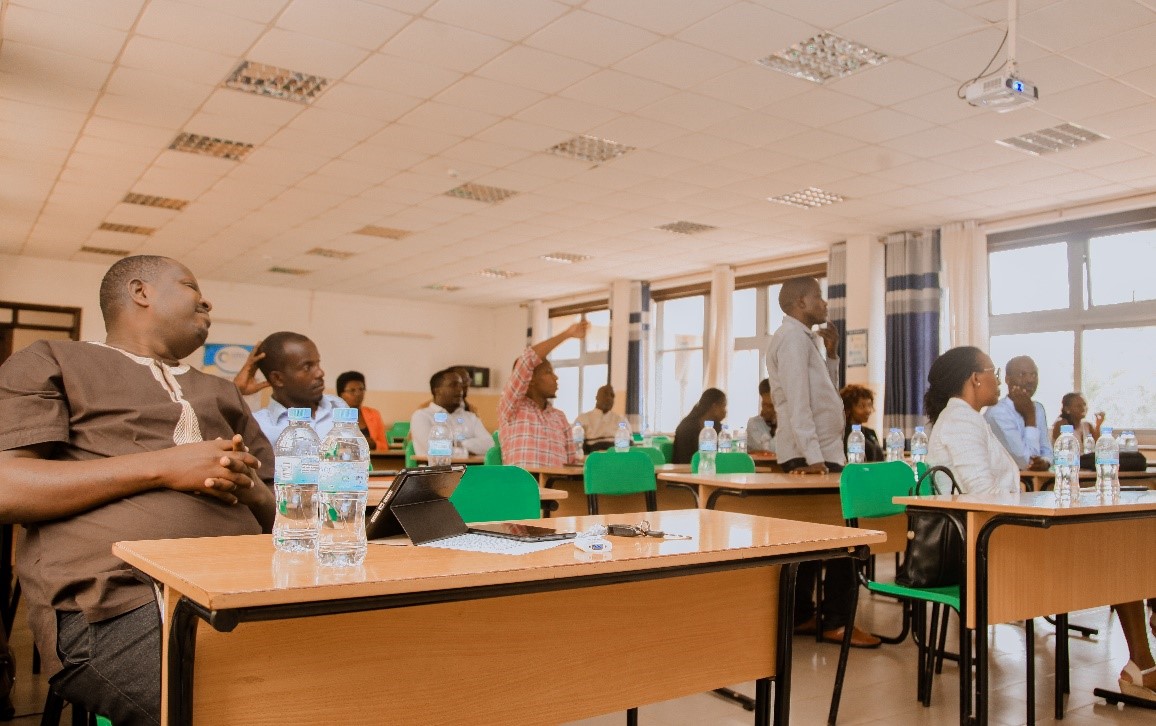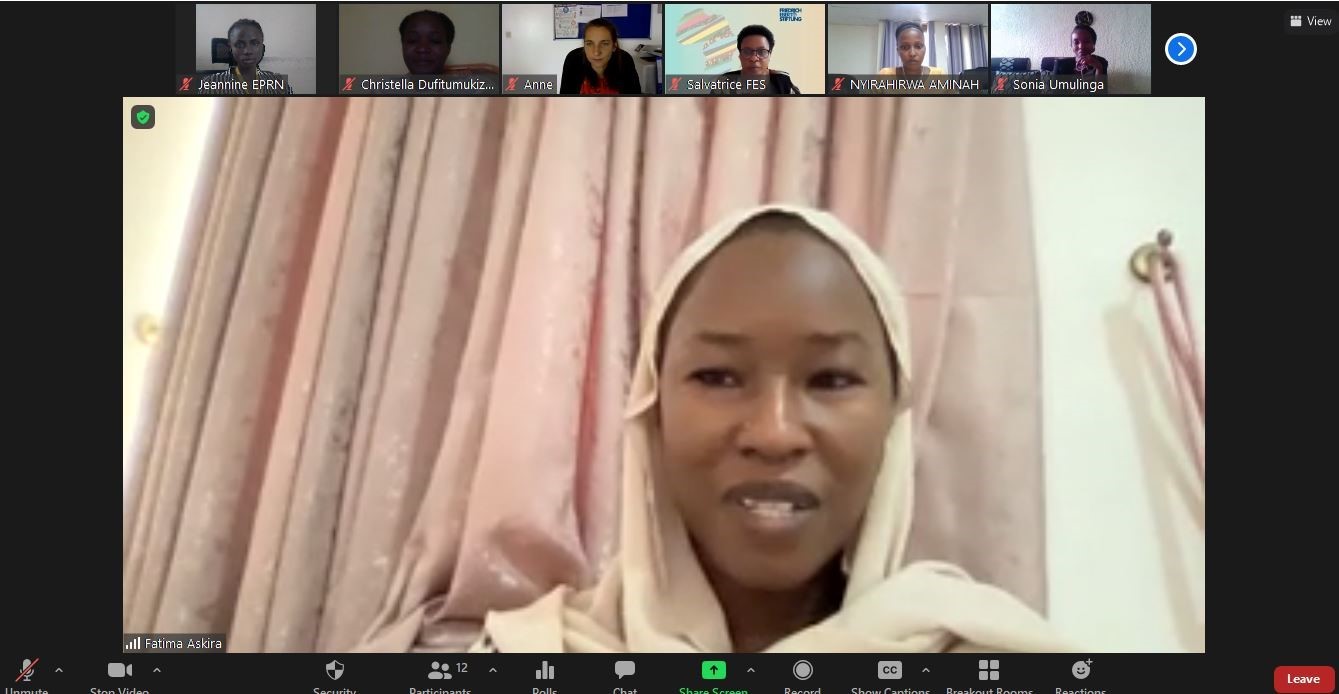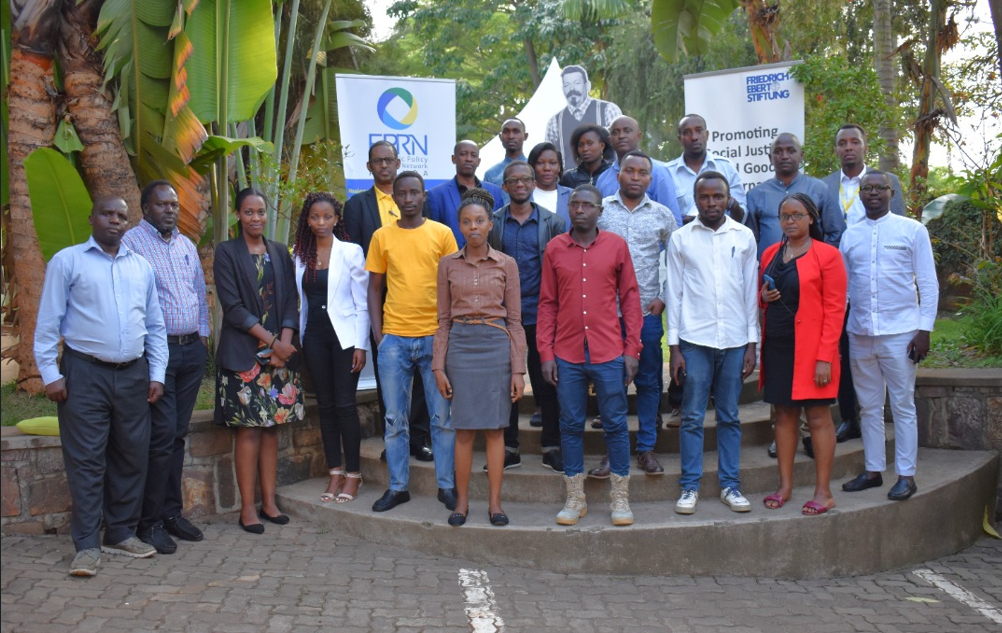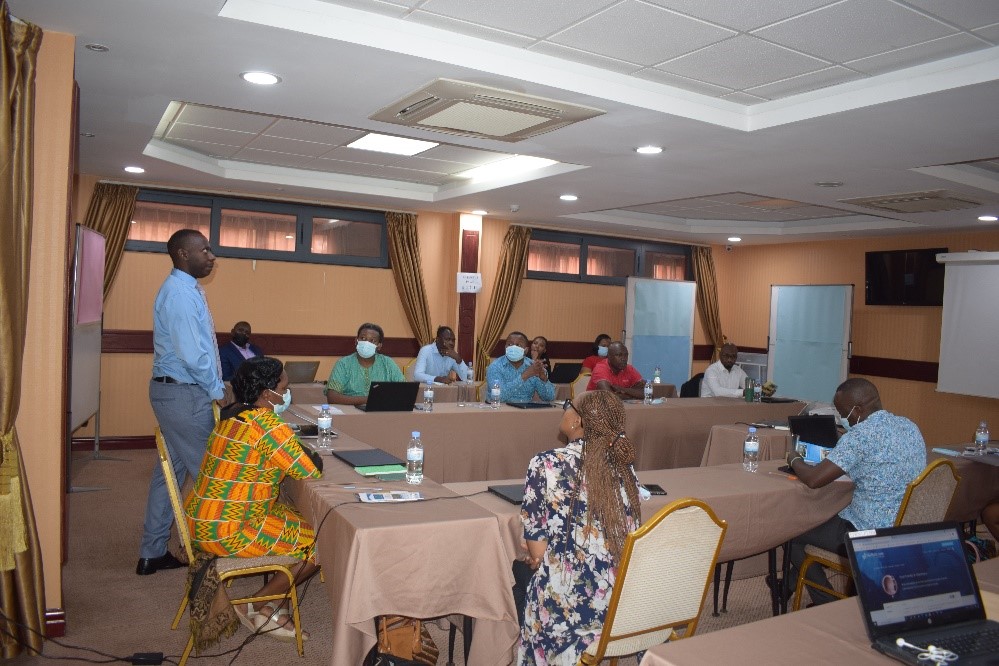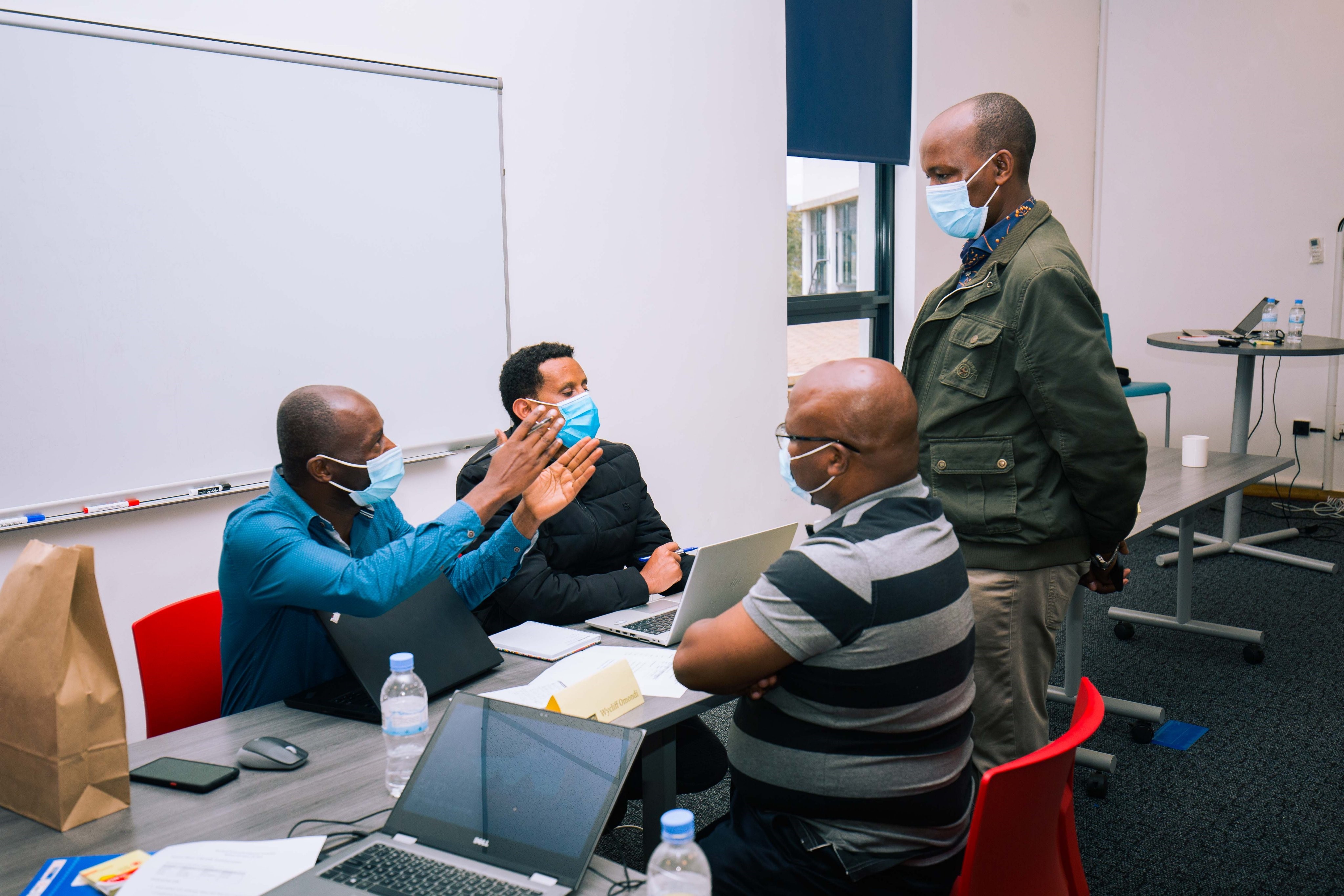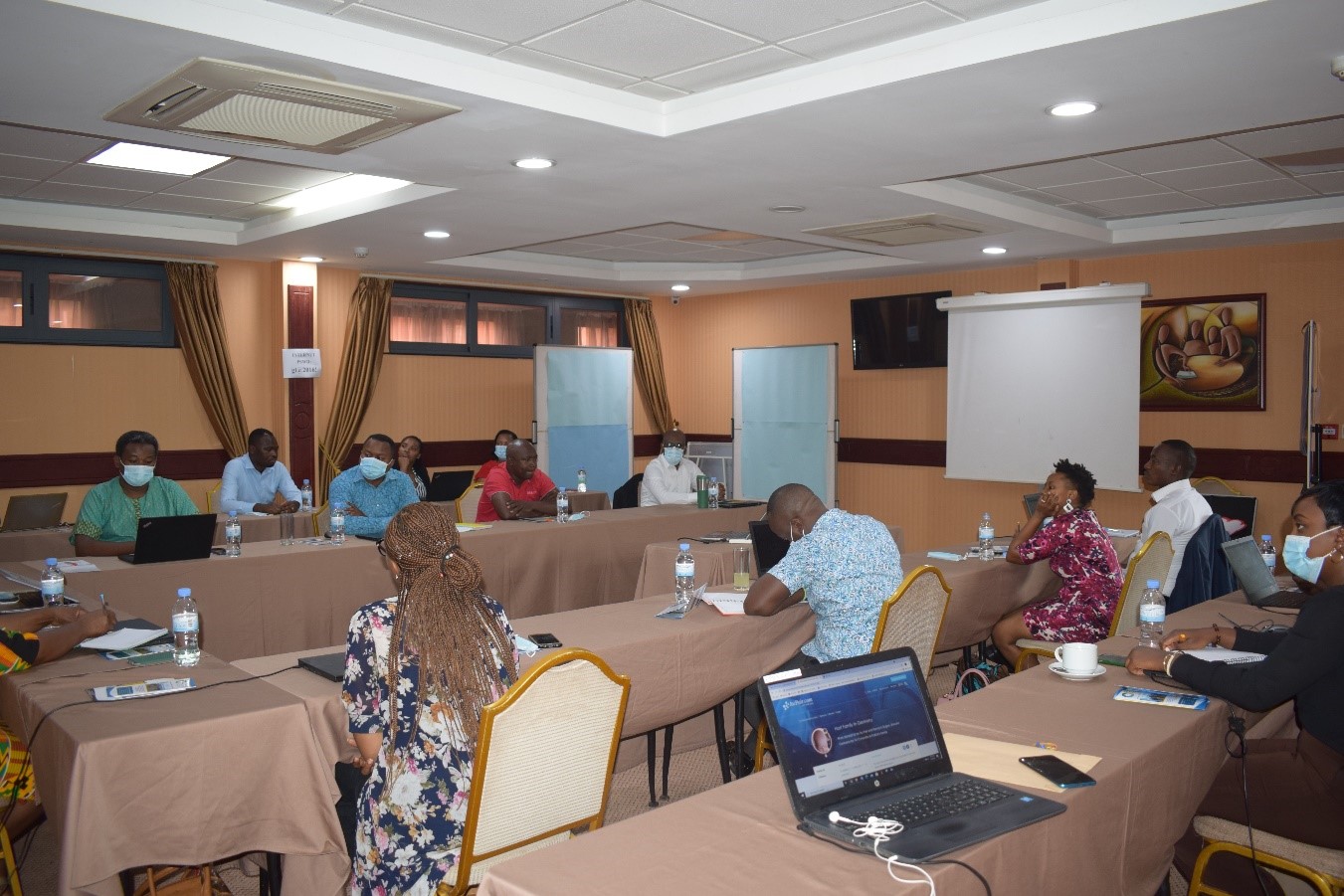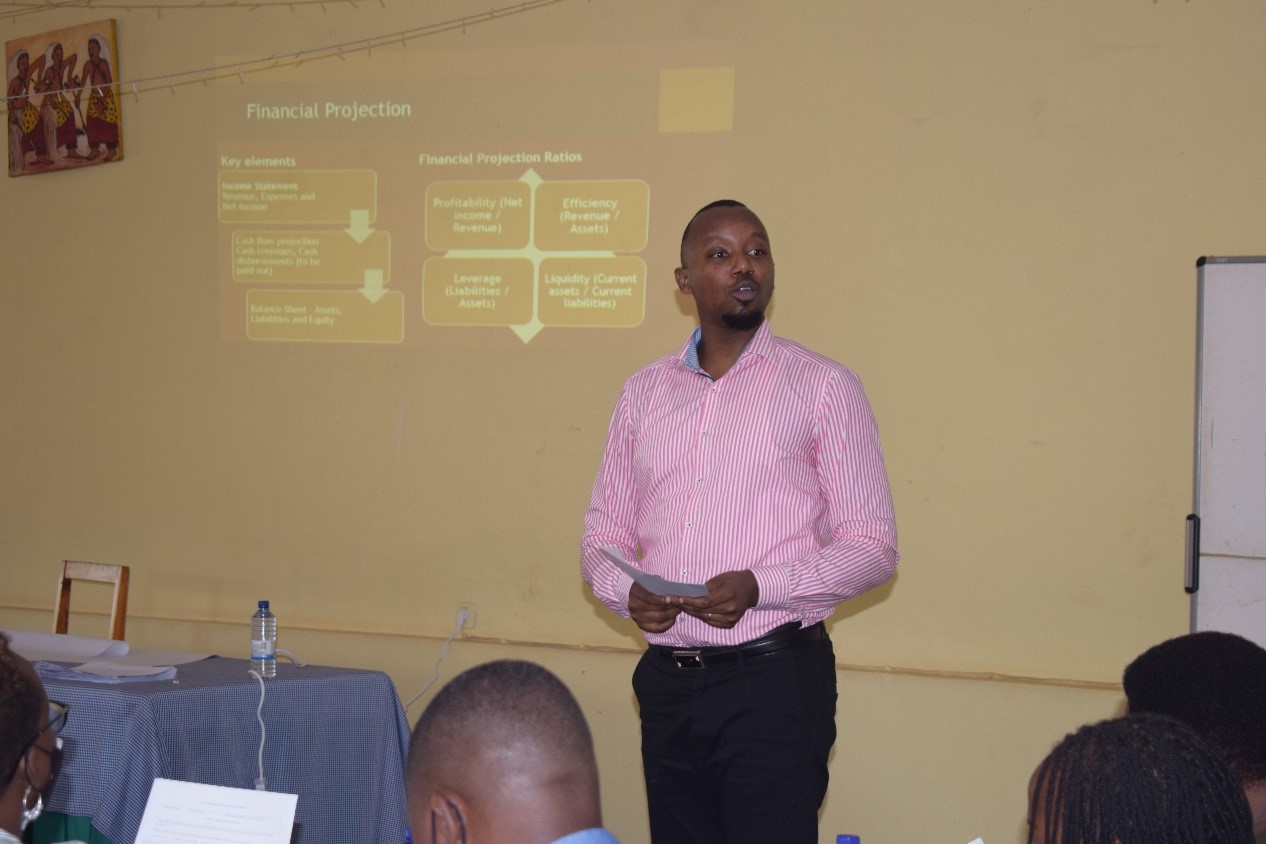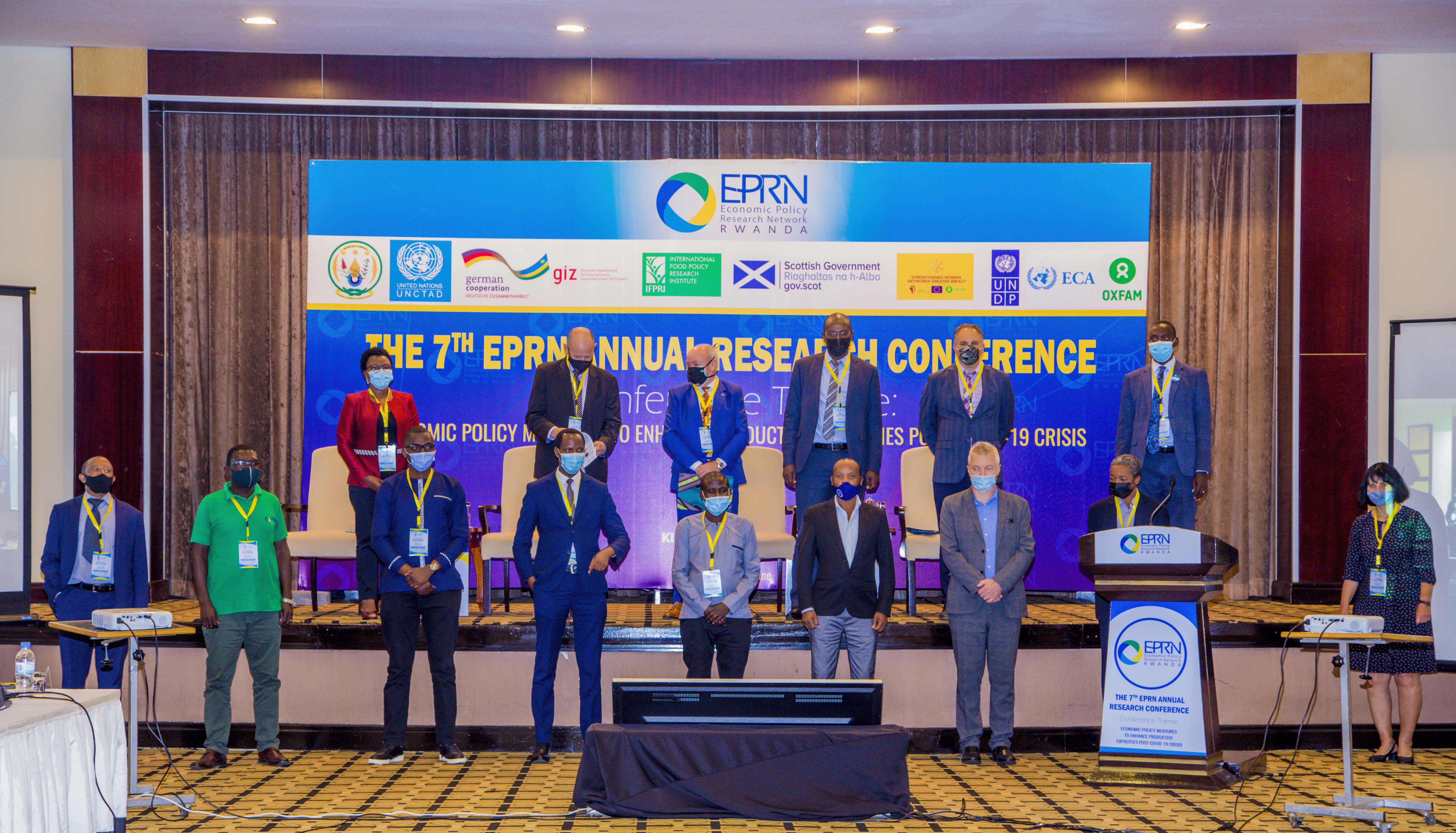DIGITAL PUBLIC LECTURE : IMPLICATION OF COVID-19 FOR THE SURVIVAL AND PERFORMANCE OF RWANDA MSMEs
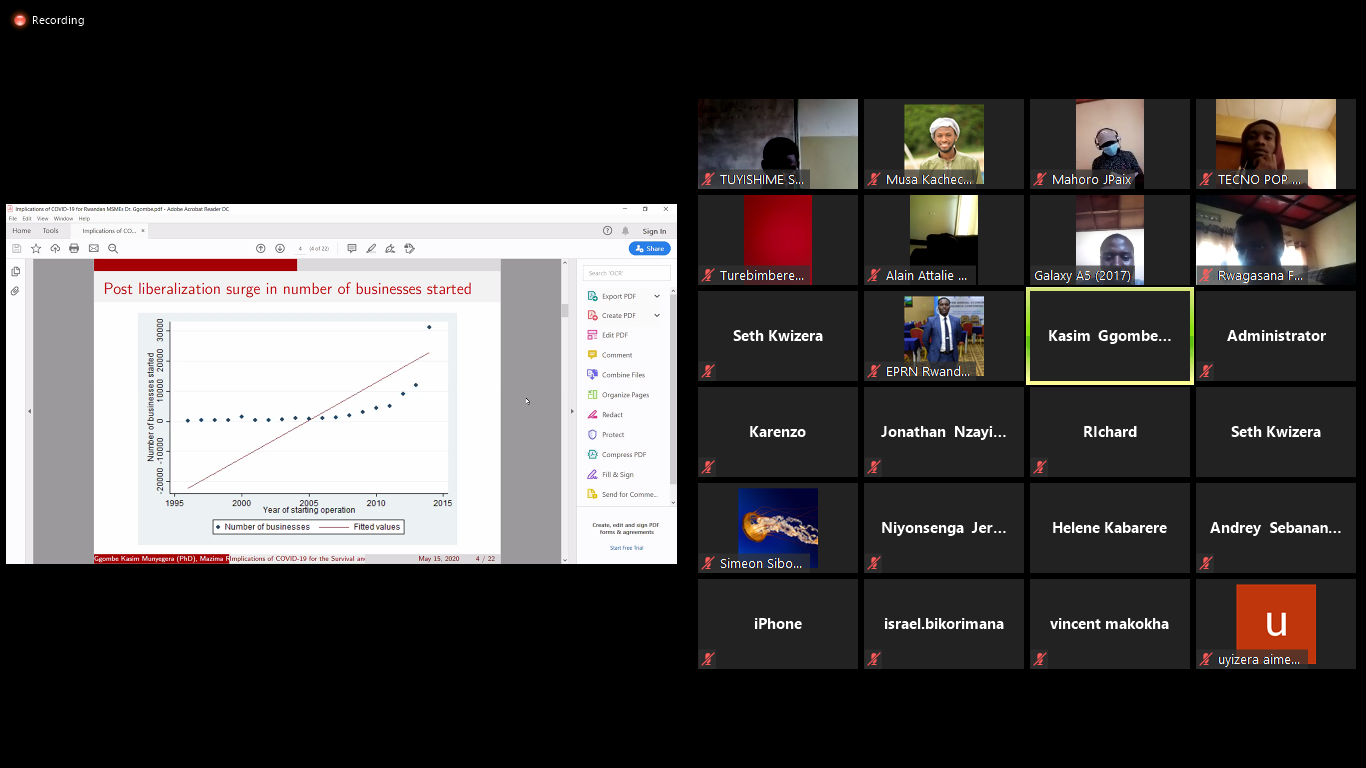
1. Introduction
The Economic Policy Research Network hosted a digital public lecture on Zoom live. The live discussion mainly targeted University students from all student chapter groups, Individuals and Researchers. The ultimate aim of the discussion was to highlight and provide updates on the implications of COVID-19 for performance of Micro, Small and Medium size Enterprises (MSMEs) and later propose actions and remedies for survival and quick recovery of MSMEs in Rwanda. This is in line with EPRN’s mandate of capacity building of young professionals and researchers in the name of human capital development.
2. Background of MSMES
MSMEs play an important role in the development process through many pathways such as employment creation (Katua, 2014 ; Mullineux, 1997), Socio-economic outcomes including poverty reduction (Ali, 2013 ; Green et al., 2006 ; Cook and Nixson, 2000 ; Sharafat et al., 2014) and A major source of tax revenue. Yet majority of MSMEs never live beyond their first birthday i.e. in Uganda, 90% of MSMEs don’t exceed a year in operation ; 60% don’t survive for 5 years (Sejjaaka et al., 2015) due to Challenges both internal and external which differ often by sector, firm size, gender of owner, etc. Potential impacts of COVID-19 and lockdown on MSMEs include Hike in operational costs e.g. transport, Production below capacity due to low consumer demand, increasing liquidity constraints, Disruption of input supplies, marketing and distribution channels, Reduced exports and disrupted regional & international value chains, Reduced productivity - revenue and turnover per worker. However, Female-owned firms may suffer greater impact, Micro and small enterprises with limited markets and capital may experience greater burden, Firms in informal sector will have more challenges accessing recovery credit and The loss will be greater for firms operating in vulnerable sectors e.g. tourism and hospitality.
3. Highlights of Digital public lecture
The event was hosted by EPRN : Dr. Ggombe Kasim Munyegera (senior member of EPRN) as the presenter ; and Mr Seth Kwizera (EPRN Coordinator) as the moderator. Mr. Seth opened the session by a welcoming remark before giving the floor to Dr. Kasim. He clearly stressed the motive, need and expectations of the discussion, and briefed the participants about the current economic implication of COVID-19. Mr. Seth emphasized the role of the discussion in professional and career development of students, researchers and other participants.
Dr. Kasim went on with his presentation explaining the key points on the current status and role of MSMEs in development, structure and Characteristics of MSMEs, Potential impacts of COVID-19 and lockdown on MSMEs and implications for MSMEs survival and performance and potential heterogeneous effects on sector, gender and firm size. The speaker stressed how some female, Micro and small enterprises are most vulnerable for COVID-19 and lockdown and responses are likely to be suspending some operations definitely or indefinitely, resizing the work force/laying off workers, changing product lines or market outlets and embracing E-commerce and digital means. After his presentation, Dr. Kasim, gave a floor to participants for open discussion and Q&A before Mr. Seth called it a day with a closing remarks.
4. Attendance and Evaluation
The event was attended by over 34 participants, 18 (64.3%) were students, 11 (17.9%) were independent researchers, 5 (14.3%) from private and government institutions.
5. Conclusion and Key Takeaways
The presentation concluded by key take homes and policy recommendations which are summarized in the figure below :

However, in economic outlook, Un(under)employment due to laying off workers will be critical as MSMEs account for over 40% of non-farm employment, Reduction in the tax base as some MSMEs will close while others will reduce operations, GDP growth will decline in the short to medium term but some opportunities may emerge from crisis when E-commerce and cashless payments may experience a positive trend.
6. Attachments to this report :
A copy of Presentation






